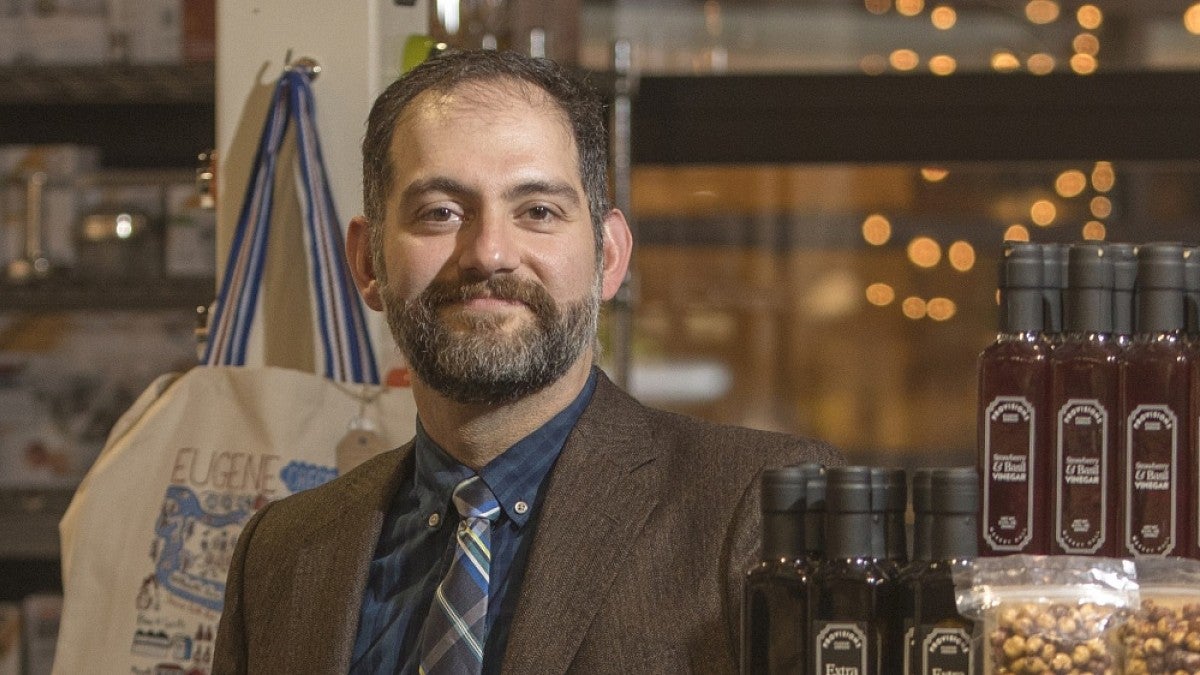Michael Fakhri, associate professor at the University of Oregon School of Law, has been chosen to serve as the next United Nations Special Rapporteur on the Right to Food.
Fakhri is an expert on human rights, international trade, food law, development and commercial law.
As the new special rapporteur, he will join the largest body of independent experts in the United Nations human rights system. In this role, he will be part of fact-finding and monitoring systems that address a range of food issues in all parts of the world. The post starts May 1, lasts three years and is served on a voluntary basis.
“This is a high honor for me, to say the least,” Fakhri said. “A good special rapporteur can have significant local and global impact by amplifying marginalized people’s claims, generating domestic law reform, and developing new international law.”
Fakhri was selected for his extensive expertise in both food and international law. He has appeared before the Inter-American Court of Human Rights and been cited by the International Court of Justice. He has also argued before Canadian tribunals and courts bringing human rights claims under domestic and international law.
He has taught and presented across the country and around the globe in countries such as Argentina, Canada, Egypt, Iceland, Lebanon, Singapore, South Africa, Switzerland and the United Kingdom. His lectures and presentations include “Eating is an Ecological Act,” “Indigenous Sovereignty, Food Sovereignty, and the Future of International Trade Law,” and “Food as a Matter of Global Governance,” among other topics.
He is the author of several scholarly articles, including the book “Sugar and the Making of International Trade Law.” He also served as co-editor of the book “Bandung Global History and International Law: Critical Pasts and Pending Futures.”
Fakhri, who is also a faculty member of the Environmental and Natural Resource Program and co-leads the Food Resiliency Project. As part of this research, he investigates key environmental and policy issues relating to all stages of the food system, including production, transportation, packaging and consumption.
—By Rayna Jackson, School of Law Communications


